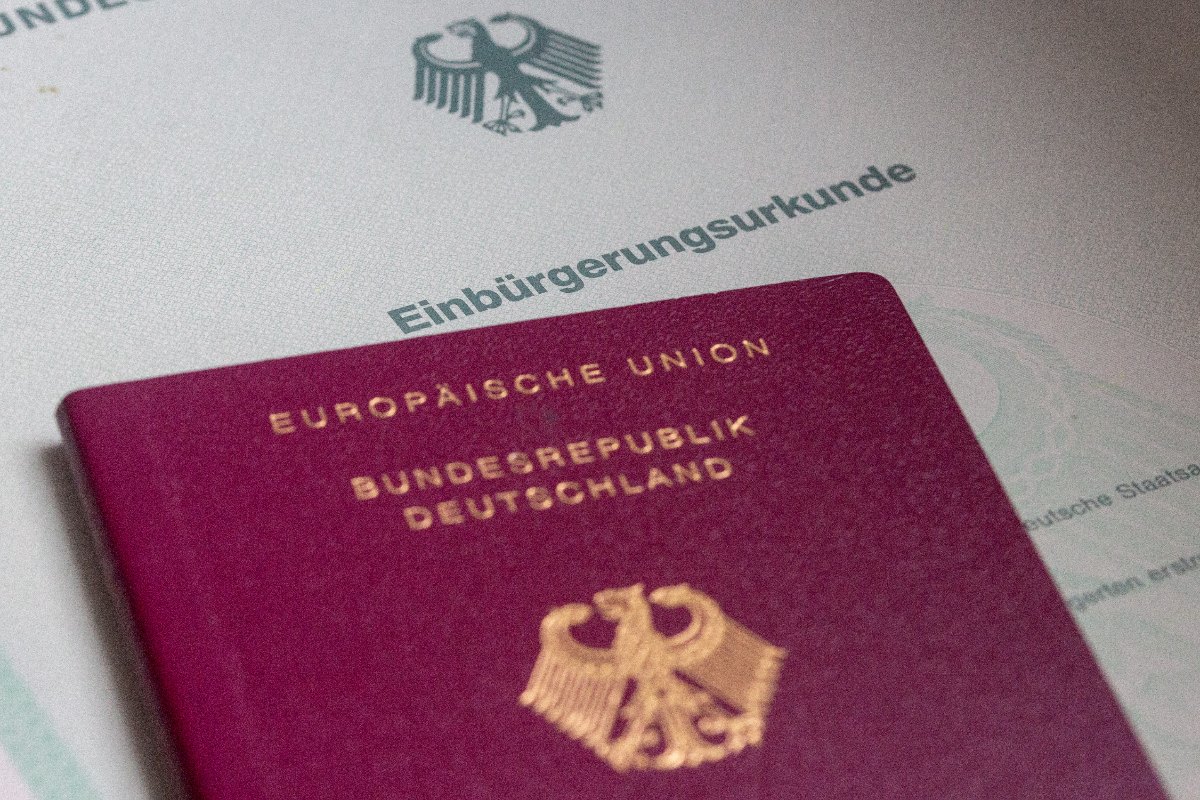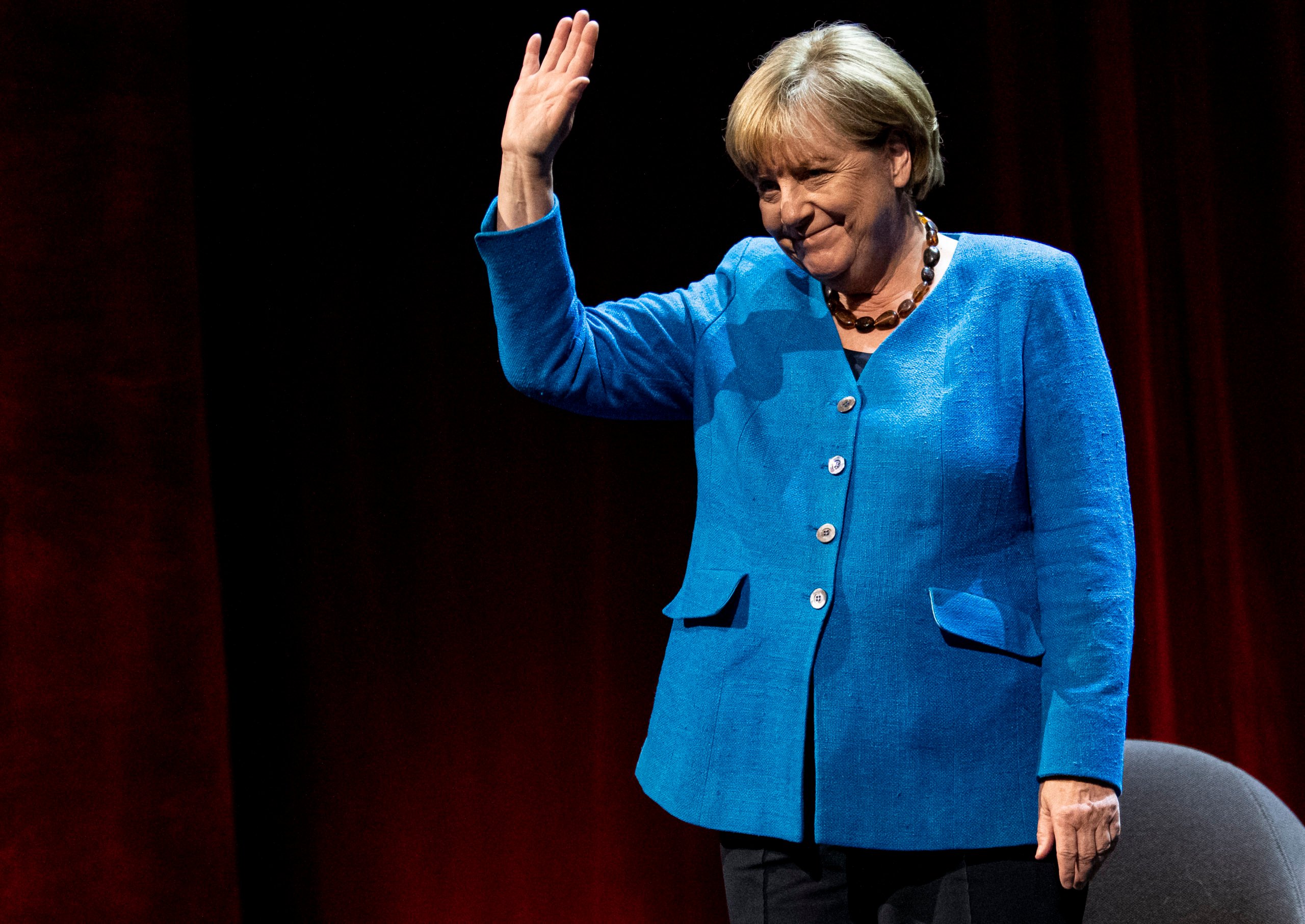Living in Germany is our weekly look at some of the news and talking points in Germany that you might not have heard about. Members can receive it directly to their inbox on Saturday.
What does the future hold for Germany’s €49 ticket?
Neighbouring France is getting ready to follow Germany’s lead and introduce a discounted monthly travel pass, modelled on the €49 ticket. Our sister site The Local France has been reporting on this proposal – and The Local’s Rachel Loxton, who’s based in Berlin, chatted to the team about how the ticket works on the latest edition of the Talking France podcast. But recent reports in the German media suggest that the Deutschlandticket has an uncertain future due to funding.
Despite Transport Minister Volker Wissing, of the business-friendly Free Democrats (FDP), saying it’s been a huge success with 11 million tickets sold in the first three months and an increase in people using local and regional transport, the financing of the travel pass is unclear in the coming years. In principle, the federal and state governments have agreed to each cover half of the annual ticket costs of €3 billion for the period from 2023 to 2025. For 2023, the federal government has also committed to covering half of any additional costs that may arise, for example, from the introduction and digitalisation of the ticket. However, this commitment is not in place for the years 2024 and 2025. So German states fear that they will be stuck with any additional costs arising from inflation.
At the end of July, the states wrote an open letter to the government, which the Süddeutsche Zeitung first reported on, demanding that the government and Transport Minister “must now finally commit to the project that he himself initiated and also cover half of the costs of the Deutschlandticket in the coming years.” So what could happen? It may be the case that the ticket goes up in price. The worst case scenario would be getting rid of the travel pass although that seems unlikely. At the moment though, there’s been no movement, so the row continues.
Tweet of the week
Would you be open to the idea of ditching some German articles to smooth out the German language learning process?
proposal for a German language update
der/die/das is only “das” now
every noun has only one neutral gender
das = the (in english)
das frau
das mann
das baum
das hundsounds weird first, but one generation later no one will care
— Peer Richelsen (@peer_rich) September 12, 2023
Where is this?

You probably recognise Berlin’s iconic Brandenburger Tor (Brandenburg Gate) immediately. Vitali Klitschko, mayor of Kyiv, shook hands with Kai Wegner (CDU), the mayor of Berlin on Thursday at the landmark, marking a new partnership between the two cities. The Berlin Senate said the twinning with Kyiv was a sign of solidarity with Ukraine. Kyiv is Berlin’s 18th twin city.
Did you know?
Beer lovers will be descending on Munich this weekend for Oktoberfest and many will be there to watch the first ‘tapping’ of the beer keg. Did you know about this ritual which signals the start of the event? When the mayor of Munich taps the first beer barrel at 12pm on the first day of Oktoberfest and shouts: O’zapft is! you know that the festival has officially started. O’zapft is is the Bavarian dialect for the German Es ist angezapft, meaning “it’s tapped”. It’s actually a bit more than a little tap – the mayor uses a large mallet to tap open the first beer keg.
The tapping ritual dates back to 1950 when, on September 16th, former Munich mayor Thomas Wimmer opened the Munich Electric Fair before rushing over to the Schottenhamel festival tent at Oktoberfest on the Theresienwiese. He was greeted by reporters and photographers and, with the mallet and tap at the ready, he performed the first official tapping of the barrel. In the 1980s it became the tradition to offer the Bavarian state premier the first beer from the keg.





 Please whitelist us to continue reading.
Please whitelist us to continue reading.
Member comments